Richard Javad Heydarian, Professorial Chairholder in Geopolitics, Polytechnic University of the Philippines
Jul 26, 2024
The Philippines is at a crucial juncture right now, as the U.S. and China jockey for influence over the strategic waters surrounding the nation. Under new leadership favoring the West, the Philippines risks entangling itself in an escalating struggle between the two global powers.
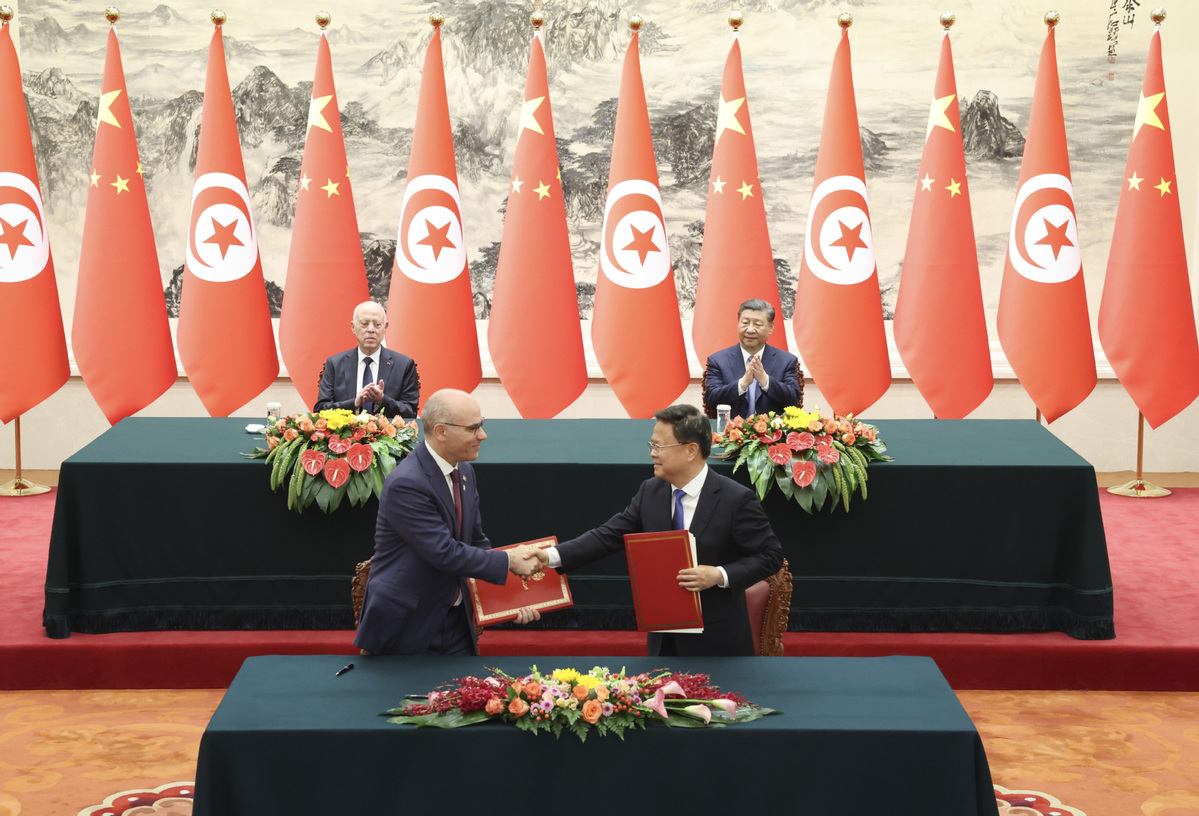
Elyssa Koepp, Tunisian-German-American specialist, Research Assistant at Center for Constitutional Studies and Democratic Development
Jul 05, 2024
Tunisia’s location on the Mediterranean Sea has lent itself to close ties with Europe over many decades, but President Kais Saied seems to be spurning the West now in favor of currying favor with China.
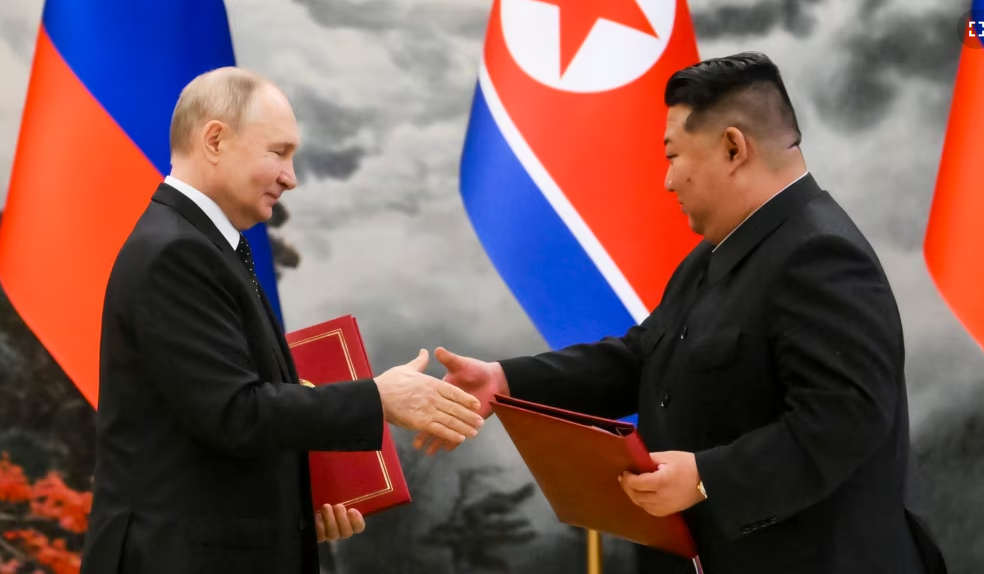
Zhang Yun, Associate Professor at National Niigata University in Japan, Nonresident Senior Fellow at University of Hong Kong
Jul 04, 2024
While China and the United States are the most important external stakeholders on the Korean Peninsula, Russia has focused more on its strategic interests in the region out of concern over security issues in Europe. To achieve enduring peace, communication must resume under the multilateral framework of the Six-Party Talks.
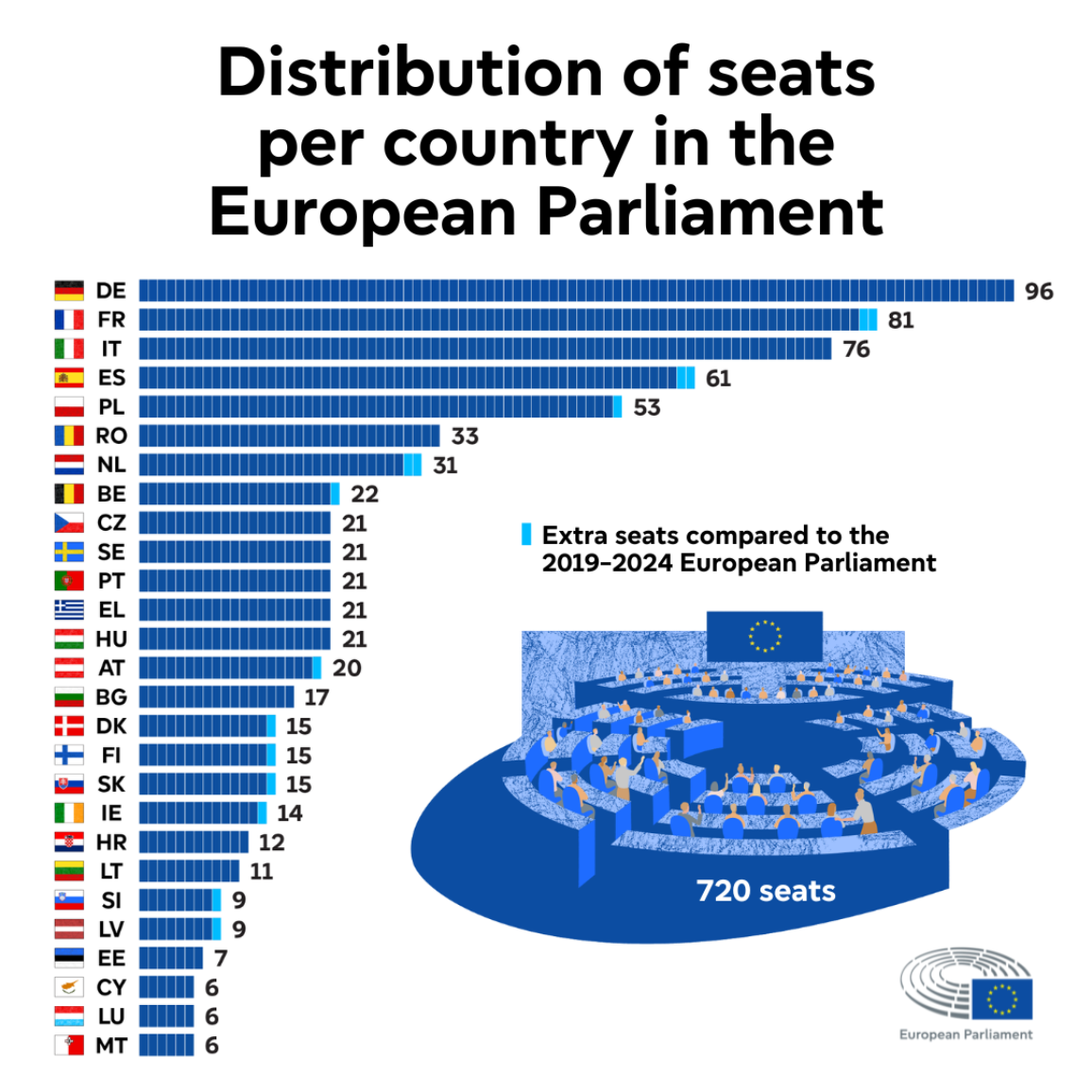
Jade Wong, Senior Fellow, Gordon & Leon Institute
Jul 03, 2024
The transformations spurred by the election are evolutionary rather than revolutionary. This year’s contest was less dramatic than earlier ones and the outcomes were more incremental.
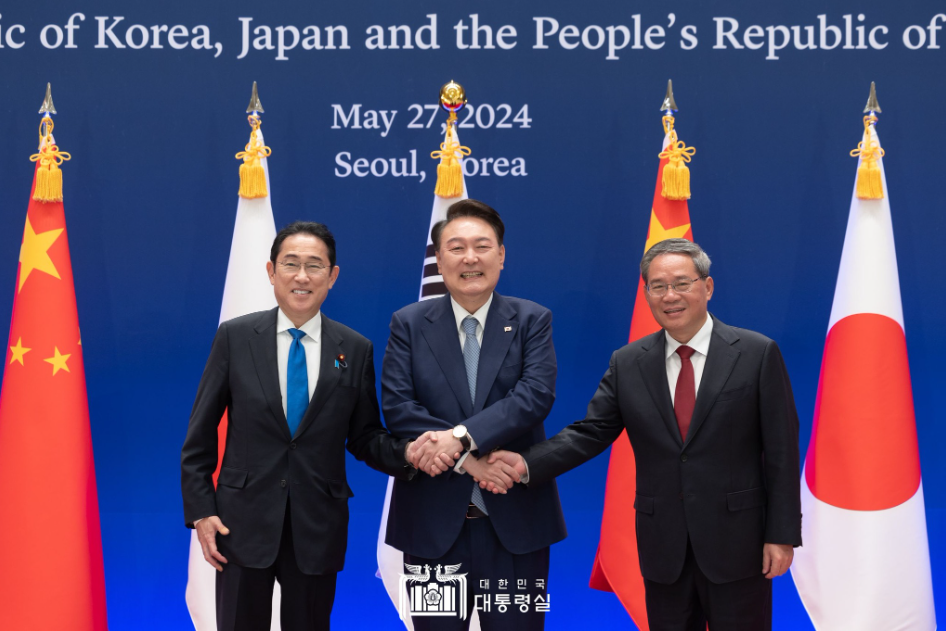
Brian Wong, Assistant Professor in Philosophy, HKU and Rhodes Scholar
Jun 28, 2024
The 2024 Trilateral Summit marked a significant step in Northeast Asian diplomacy by reestablishing high-level cooperation among China, Japan, and South Korea after a period of interruptions. Despite underlying tensions and complex historical grievances, the summit underscored the importance of pragmatic, issue-specific collaboration and highlighted a strategic pivot towards bilateral engagements as a means to foster regional stability and economic integration.
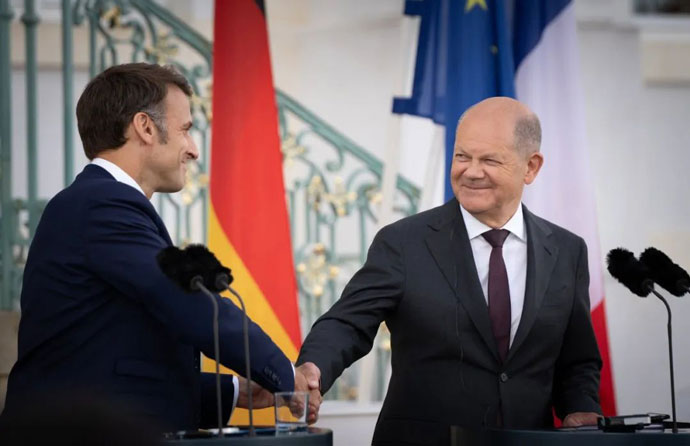
Dong Yifan, Assistant Research Fellow, China Institutes of Contemporary International Relations
Jun 20, 2024
The two countries seek to show their commitment to advancing European sovereignty. Unfortunately, the United States will not allow it, as it believes greater autonomy for Europe would diminish NATO’s influence across the continent.
Jade Wong, Senior Fellow, Gordon & Leon Institute
Jun 07, 2024
Facing a choice of autonomy or continued dependence on the United States, some factions on the continent seek to avoid that stark choice. In pursuit of a European pillar within NATO, the EU appears to be navigating a middle path.
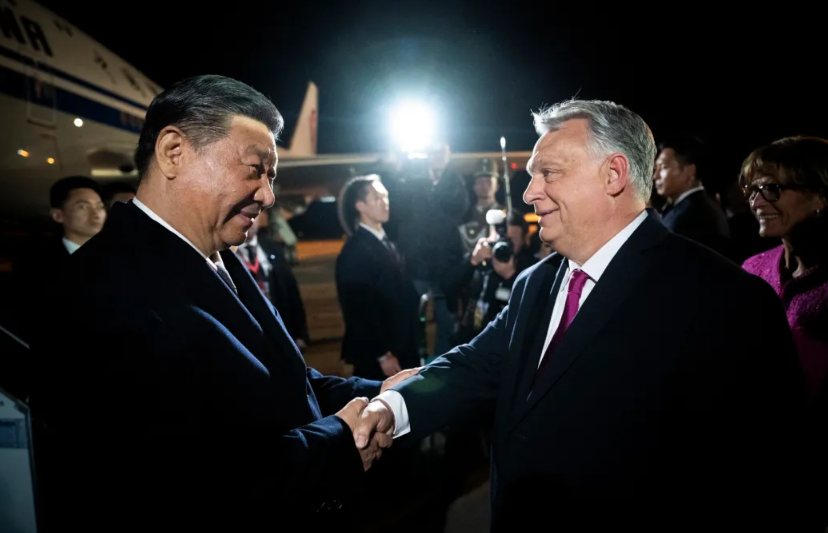
Vasilis Trigkas, Visiting Assistant Professor, Schwarzman College, Tsinghua University
Jun 07, 2024
Hungary's strategic partnership with China represents a bold pivot aimed at enhancing its geopolitical and economic standing amidst an era of great power competition. But to safeguard itself from geopolitical storms Hungary aims to work within the EU and punch above its weight to catalyze European strategic autonomy.
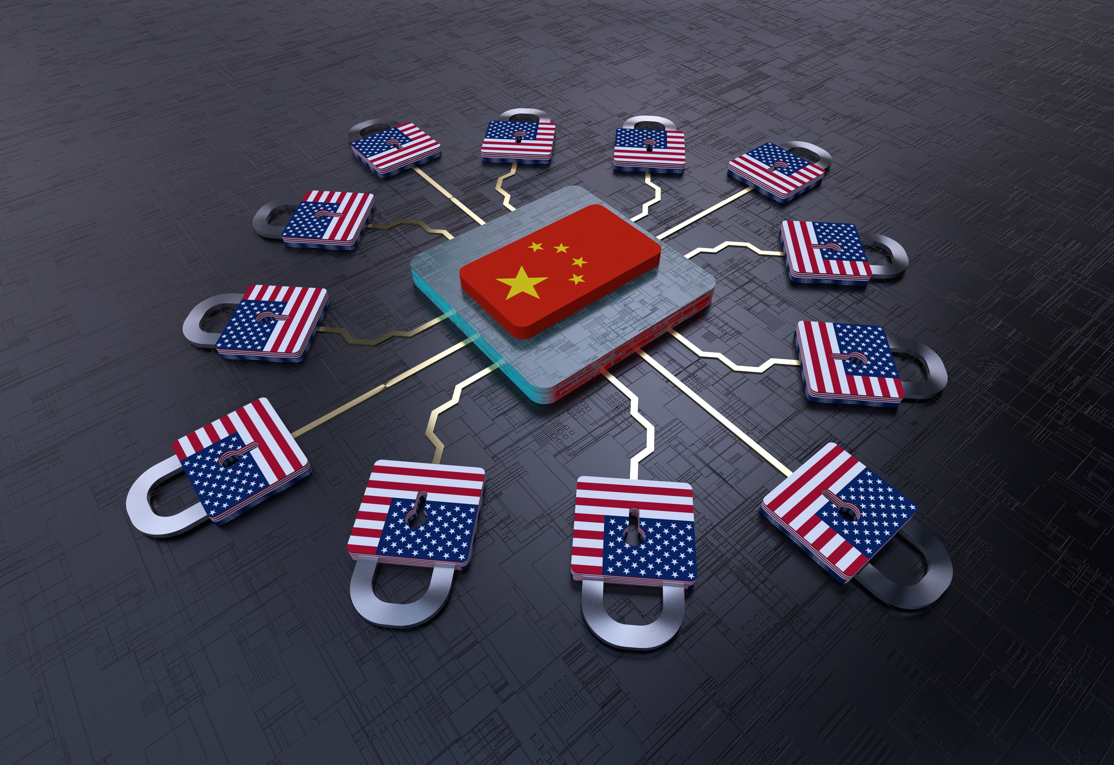
Chen Xi, Founder of Harbor Overseas, Visiting Senior Fellow at United Arab Emirates University
Zhu Xufeng, Dean of School of Public Policy & Management, Tsinghua University
Xiao Geng, Director of Institute of Policy and Practice at Shenzhen Finance Institute, Chinese University of Hong Kong
Okan Geray , Strategic Adviser for Dubai Digital Authority, Chair of United for Smart Sustainable Cities
Wang Dong, Professor and Director, Institute for Global Cooperation and Understanding, Peking University
May 29, 2024
To revitalize innovation and build confidence in the private sector, the two countries should collaborate, from the Middle East to Africa, in unconventional ways. This would not only provide new business scenarios but would also offer an integrated solution for global governance going forward.
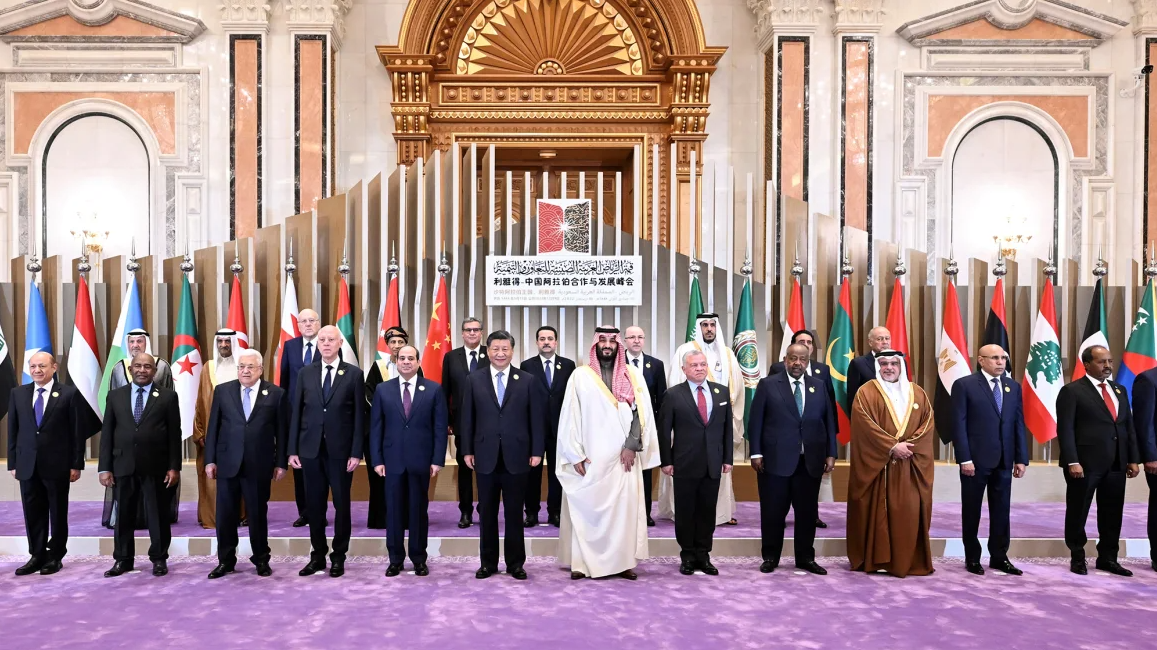
Jin Liangxiang, Senior Research Fellow, Shanghai Institute of Int'l Studies
May 23, 2024
China is deeply intertwined with Saudi Arabia and other GCC countries. It is contributing to regional security and will be one of the major sources of the region’s future wealth. And, unlike the West, it will always respect the way of life in the region, including the dominant religion.